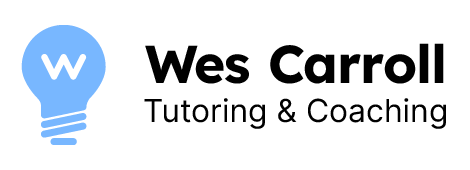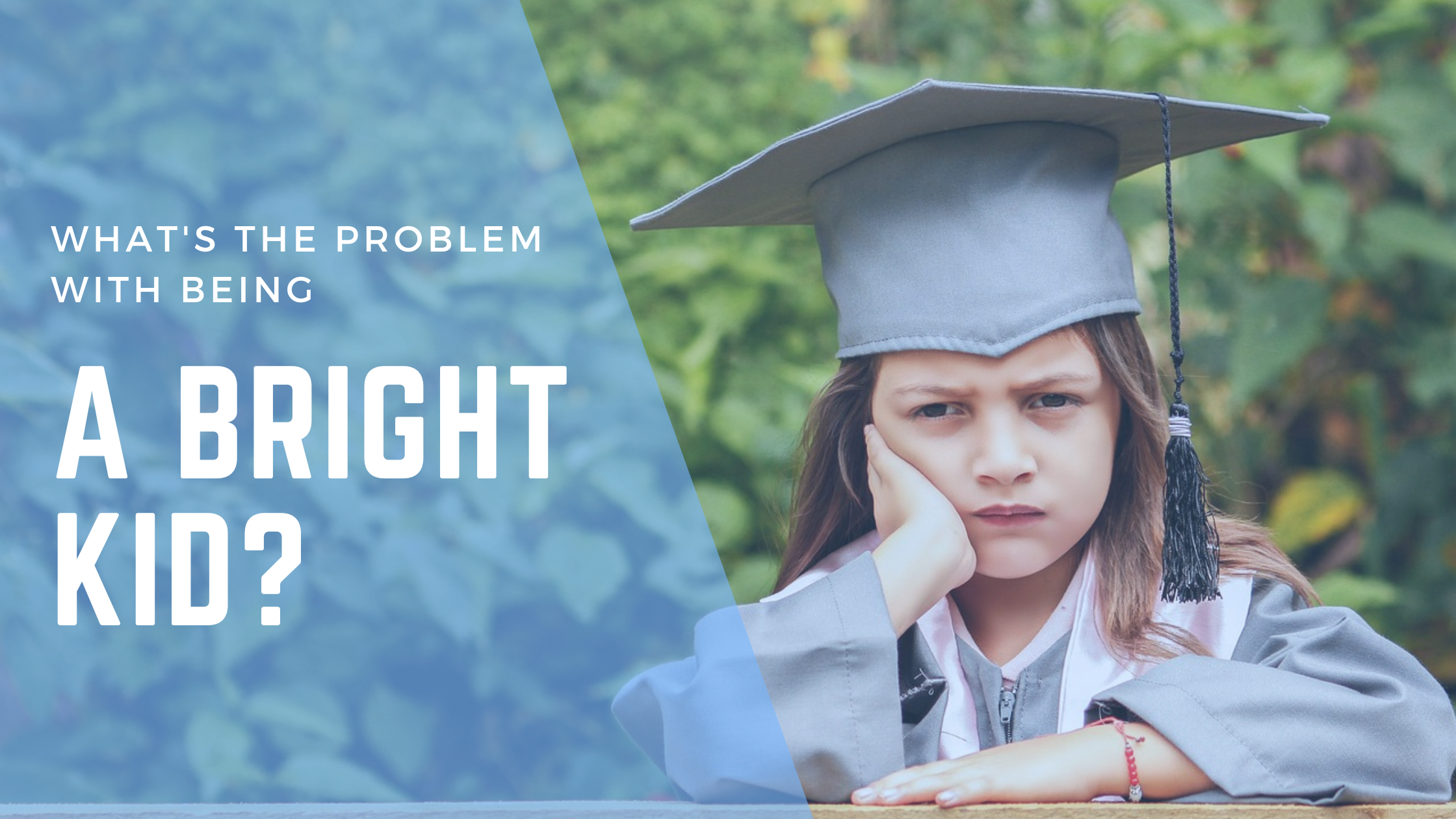Bright students routinely achieve top grades with what appears to be little effort. These students often dominate classroom discussions, and indeed, they score high on standardized tests, often without any apparent effort. Of course, such students capture our attention: imagine what they might achieve later in life!
Yet beneath the surface of early academic success lies a paradox: natural talent can mask an underdeveloped set of executive function skills, such as effective study habits, time management, and planning. The problems that this lack of skill creates isn’t coming “later, when they are adults”. The problem is coming later this year when AP exams loom large on the schedule, or next year when their course load is even heavier.
So yes, a high GPA is impressive. But it doesn’t signal readiness for the real world, where problems rarely have textbook solutions. Most people don’t see the specific problems bright kids face until way too late.
The problem with ‘just braining it harder’: Why easy wins don’t prepare for higher challenges
“Braining it harder” is a term we use on our team to describe a common mindset among bright students. These students typically lean on their natural ability to understand and recall information, and as a result, never develop structured learning strategies. So while “braining it harder” is an effective tool, it’s also a crutch that prevents full development of one’s potential.
Of course, this approach works well for routine tasks and familiar problems. However, when students encounter novel challenges or situations that require creative problem-solving – scenarios where we really want our bright kids to shine – their natural intelligence alone can fall short, leaving students feeling unprepared and at a loss for what to do.
In a world where quick thinking is valued, the ability to methodically plan and work through unexpected difficulties is especially valuable, but often underdeveloped. Relying solely on innate cleverness leaves a gap that becomes increasingly evident in academic and professional settings.
How a lack of executive function holds them back
Executive functioning skills help you organize work, set goals, and develop mindfulness around one’s own cognition. These skills are not automatically built into a high IQ. Many bright kids miss the opportunity to develop these methods because their quick wins make them feel inappropriately secure. Eventually, once these students encounter challenges for which they don’t have a plan, their families or teachers might see the signs that something is wrong:
- They rush through assignments without a plan.
- They feel anxious when projects require long-term effort.
- They may panic when new problems do not have obvious answers.
- They see challenges as a potential threat to their identity as a smart student, rather than as an opportunity for growth.
When they encounter tasks that require more than raw intelligence—tasks that demand clear strategies, perseverance, and the ability to pivot when things aren’t going smoothly—they struggle with no clear plan for how to pick themselves back up.
Without such executive functioning skills, students more routinely experience stress and even burnout, especially in the wake of complex projects or unexpected challenges.
Delayed challenge: The cost of avoiding early struggles
Without regular exposure to meaningful challenges, bright students miss chances to develop and refine these skills. In many classrooms, the focus is on lifting all students to a basic level. As a result, advanced students receive less attention and fewer tasks designed to push them beyond basic proficiency. The smooth ride of early success creates a comfort zone that stunts growth.
When higher-level demands appear, whether in high school, college, or the workplace, these students find themselves ill-prepared. They have rarely faced the kind of obstacles that teach resilience and proper time management. Without tough challenges, they never learn to turn failures into lessons, and to break down large tasks into manageable steps.
This delay in meeting real demands can lead to stress, panic, and even burnout when a research project or long-term assignment arrives.
What do you do to prepare them?

Short answer: Build skills for lifelong success.
Here’s how:
Natural talent is a good start, but it must be supported by strong habits in order for students to shine when they most need to. Bright students need to learn skills that will help them handle complex challenges when there is no quick answer. What these students don’t yet know: to face these challenges, you need to have a plan for what to do when you don’t know what to do.
Here are some practical ideas for parents, educators, and counselors:
- Establish a routine: Create a daily schedule that includes time for planning and reviewing assignments. A simple checklist for homework, projects, and short breaks can make a difference.
- Break down tasks: Teach the habit of setting small, manageable goals. For example, if a student has a research paper, work together to outline the project and set milestones for each step.
- Model organized behavior: Show how you organize your tasks by using a calendar or to-do list. Explain your thought process as you plan your day. Make sure to mention the ideas that are “common sense” to you—they might have never occurred to your student.
- Encourage open discussion: Talk with your student about how to manage stress when things feel hard. Help them see that failure is one way to learn how to tackle problems. Discussing one’s thought processes is a great way of developing metacognition.
- Create a supportive environment: Make it clear that asking for help is a strength. Share your own experiences of overcoming difficulties by planning and learning from mistakes.
- Support gifted kids with intentional coaching: Often, students refuse to hear advice from their parents. An experienced executive function coach like ours helps your student realize transformations in the form of improved time management, better organization, increased resilience, enhanced self-awareness, reduced stress, and a lower risk of burnout. These outcomes transform natural talent into a robust set of skills for dealing with everyday challenges.

Implementing these approaches can help transform a quick-win mentality into a lasting skill set. But most bright students would scoff at the notion that they need such structures and help. And that’s our whole point: they don’t see the importance of building these keystone habits and skills now, while they are a “nice-to-have.”
Soon they will be necessary. And by then, acquiring those skills will be far more difficult and far more uncomfortable.
Ask yourself: Are you equipping your student with the abilities they need beyond just high grades? Balancing natural ability with structured study habits creates a foundation for lifelong success. This approach not only builds academic strength but also prepares students to solve real-world problems without burning out.
When bright kids learn to plan, organize, and face challenges head-on, their success turns into lasting achievement. Their natural talent, combined with strong executive function skills, sets them up for a future where they can confidently handle any task, even those that require more than just raw intelligence.
Want to dig deeper into executive function coaching for your gifted kids? You can chat with us about it.




0 Comments